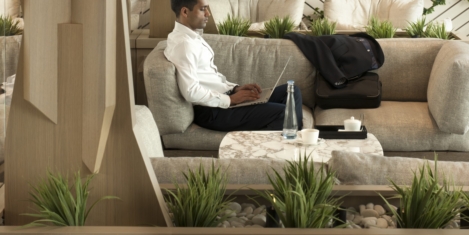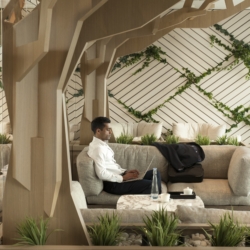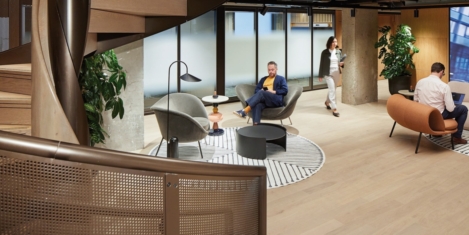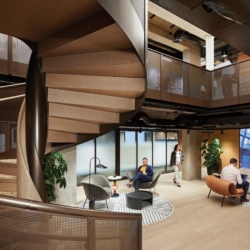To provide the best experiences, we use technologies like cookies to store and/or access device information. Consenting to these technologies will allow us to process data such as browsing behaviour or unique IDs on this site. Not consenting or withdrawing consent, may adversely affect certain features and functions.
The technical storage or access is strictly necessary for the legitimate purpose of enabling the use of a specific service explicitly requested by the subscriber or user, or for the sole purpose of carrying out the transmission of a communication over an electronic communications network.
The technical storage or access is necessary for the legitimate purpose of storing preferences that are not requested by the subscriber or user.
The technical storage or access that is used exclusively for statistical purposes.
The technical storage or access that is used exclusively for anonymous statistical purposes. Without a subpoena, voluntary compliance on the part of your Internet Service Provider, or additional records from a third party, information stored or retrieved for this purpose alone cannot usually be used to identify you.
The technical storage or access is required to create user profiles to send advertising, or to track the user on a website or across several websites for similar marketing purposes.
 Manchester has become the first UK city outside of London to join the European Union’s CommuniCity initiative, a programme designed to empower local people and organisations in developing innovative solutions to social challenges. As the second UK city to participate (following London), Manchester is now part of this three-year initiative led by Horizon Europe, the EU’s primary funding programme for research and innovation. CommuniCity seeks to engage communities, businesses, and organisations to create technical solutions that address social inequalities. (more…)
Manchester has become the first UK city outside of London to join the European Union’s CommuniCity initiative, a programme designed to empower local people and organisations in developing innovative solutions to social challenges. As the second UK city to participate (following London), Manchester is now part of this three-year initiative led by Horizon Europe, the EU’s primary funding programme for research and innovation. CommuniCity seeks to engage communities, businesses, and organisations to create technical solutions that address social inequalities. (more…)
































October 15, 2024
Employers need to be proactive to address problem of sexual harassment at work
by Ray Silverstein • Comment, Workplace